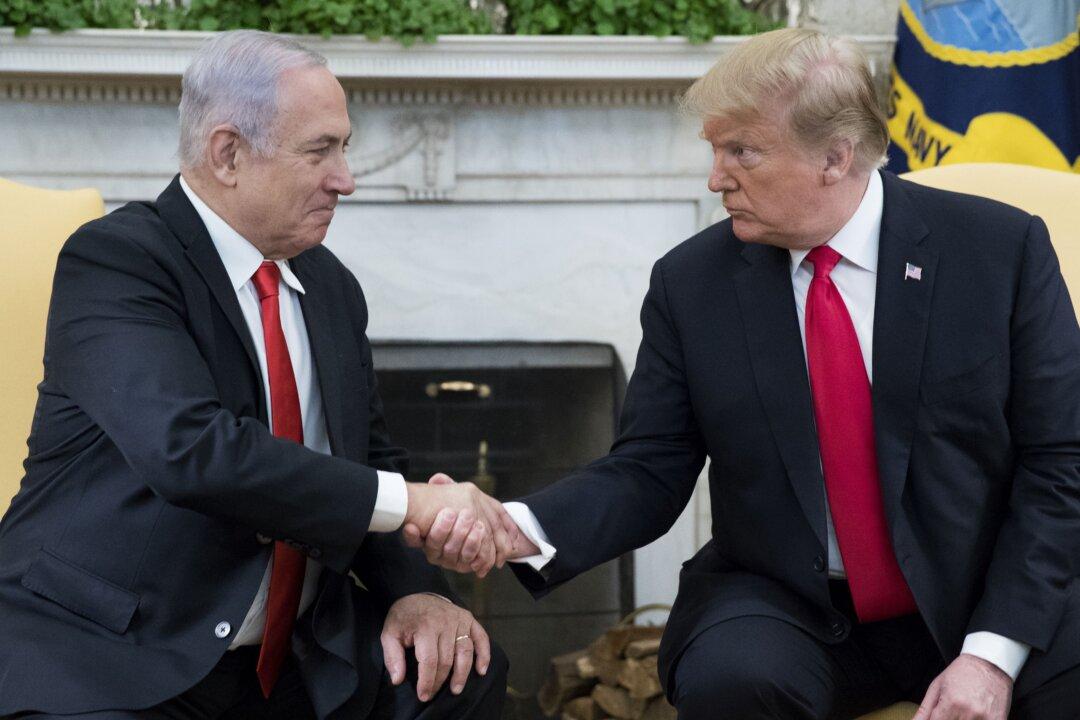In the wake of reports that some U.S. officials believe Israel had placed surveillance devices around Washington, President Donald Trump has said he does not believe the United States is the target of Israeli espionage.
“I don’t think the Israelis are spying on us,” Trump told reporters on the South Lawn of the White House on Thursday, Sept. 12. “I really would find that hard to believe.”





